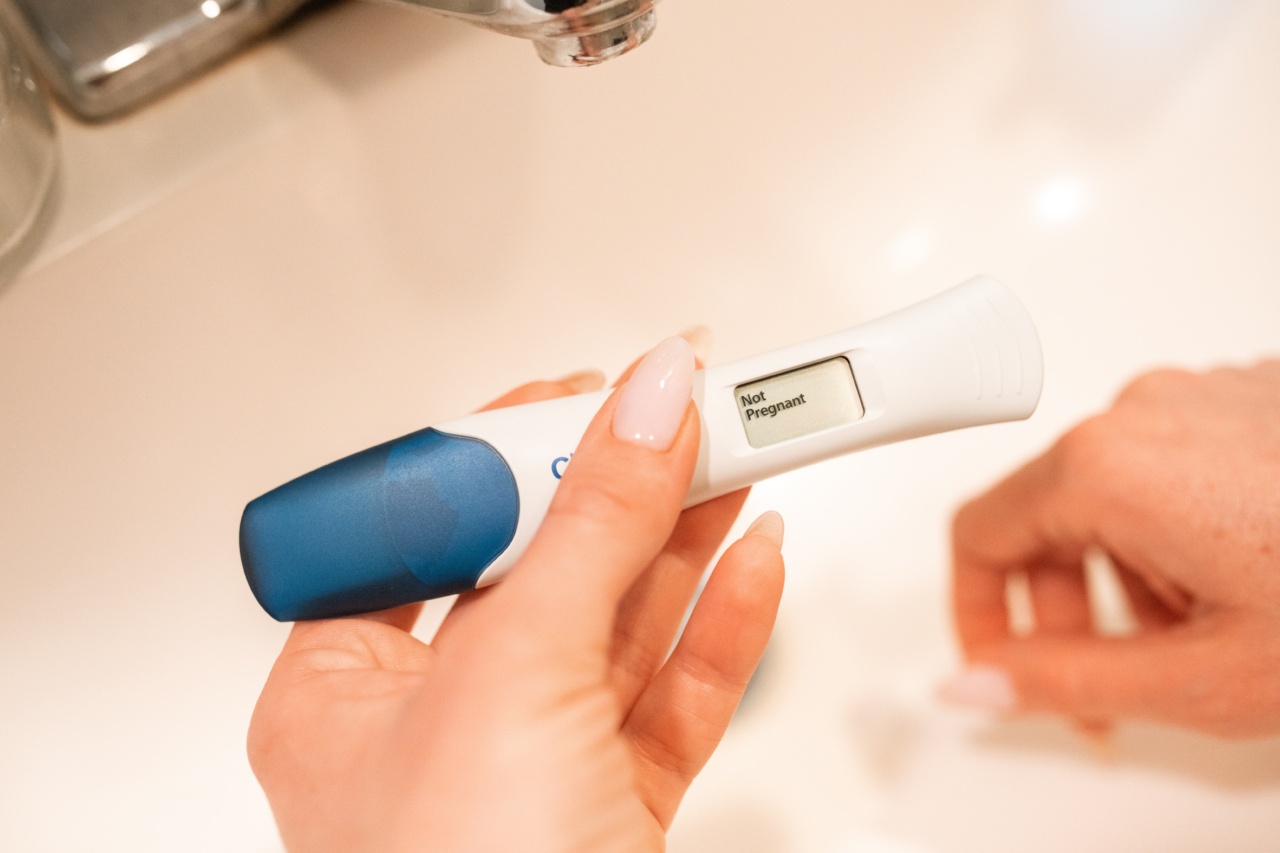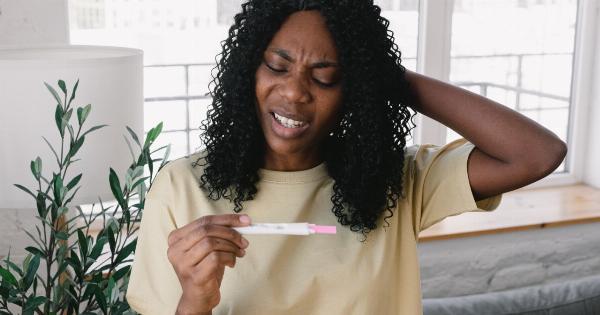Pregnancy brings with it a mix of joys and tribulations. Carrying a child is a beautiful journey, but the changes that occur inside your body can cause discomfort. One such problem that pregnant women face is the occurrence of hemorrhoids.
Hemorrhoids, also called piles, refer to swollen veins in the rectum and anus. This article will enlighten you about the causes and treatment of pregnancy-related hemorrhoids.
Causes of Hemorrhoids during Pregnancy
During pregnancy, the expanding uterus puts more pressure on the veins in the lower part of your body. This extra pressure on the veins in the pelvis makes them swell, leading to hemorrhoids.
The increased pressure on the veins during pregnancy slows down the blood flow, leading to the enlargement of the veins in the rectum and anus. The causes of hemorrhoids during pregnancy include:.
- Hormonal Changes: Hormonal changes during pregnancy can affect the smooth muscles in your body, making it hard to keep things moving down there.
- Pregnancy Weight Gain: The extra weight associated with pregnancy puts additional pressure on the veins in the pelvic area, leading to the development of hemorrhoids.
- Pregnancy Constipation: Pregnant women often have problems with constipation, which can exacerbate existing hemorrhoids or cause new ones to develop.
- Pregnancy Diarrhea: Diarrhea, like constipation, can put additional stress on the veins in the pelvic area, causing hemorrhoids to worsen or develop.
- Prolonged Sitting or Standing: Sitting or standing for long periods can make hemorrhoids worse, and this is more common among pregnant women who spend a lot of time sitting in front of computer screens or on the couch.
Symptoms of Hemorrhoids during Pregnancy
The symptoms of hemorrhoids may vary based on the severity of the condition. The following are some common symptoms of hemorrhoids during pregnancy:.
- Swelling and pain around the anus and rectum area
- Bleeding during bowel movement
- Irritation and itching in the anal area
- A lump or swollen area around the anus
- Fecal leakage or inability to control bowel movements
Treatment of Hemorrhoids during Pregnancy
There are several treatments that pregnant women can use to manage hemorrhoids, including:.
- Fiber-rich Diet: Eating a diet high in fiber can help prevent constipation and soften your bowel movements. This, in turn, can lessen the chances of developing hemorrhoids or worsening existing ones.
- Warm Baths: Take warm baths to ease the swelling of the veins and reduce itching, irritation, and pain in the rectal area.
- Topical Medications: Over-the-counter hemorrhoid creams, ointments or suppositories that contain hydrocortisone or witch hazel can provide relief from hemorrhoid symptoms. However, it is important to talk to your healthcare provider before using any medication during pregnancy.
- Stay Hydrated: It is important to stay hydrated during pregnancy. Drinking plenty of fluids can help keep stool soft, reducing the occurrence of hemorrhoids.
- Avoid Straining: Straining puts additional pressure on the veins in the pelvic area, causing hemorrhoids to worsen. Avoid sitting or standing in the same position for long periods. Stretch or walk often to keep the blood flowing.
When to Consult a Healthcare Provider
While home remedies are effective in managing hemorrhoids, there are times when you need to consult your healthcare provider. Some of the situations that require medical attention include:.
- If you are experiencing severe pain and rectal bleeding
- If you’re unable to pass stools or are feeling constipated
- If you see excessive blood with bowel movement
- If there is persistent rectal itching, irritation, and discomfort after initiating home remedies
Prevention of Hemorrhoids during Pregnancy
You can take some preventative steps to reduce the occurrence of pregnancy-related hemorrhoids, which include:.































